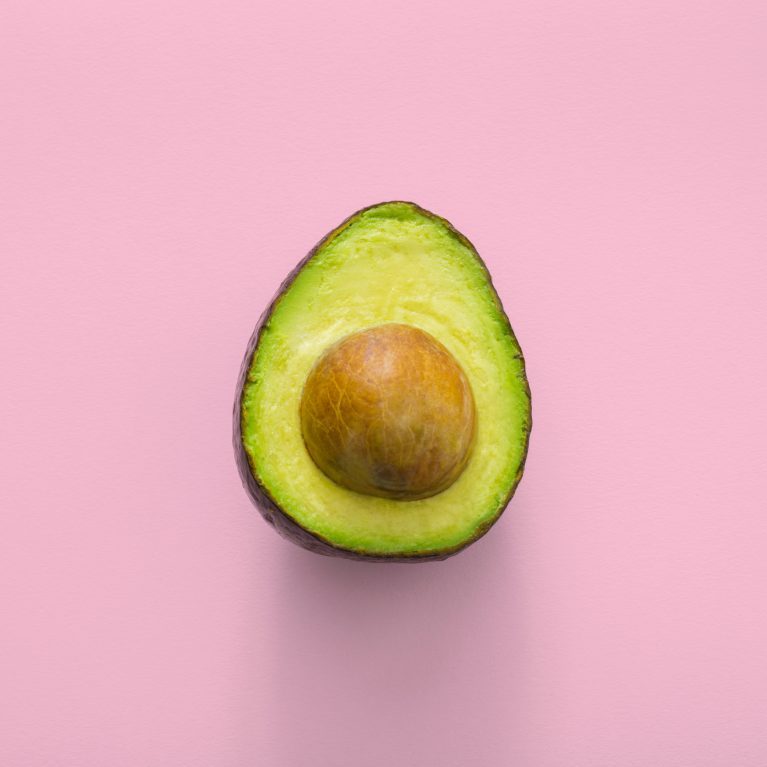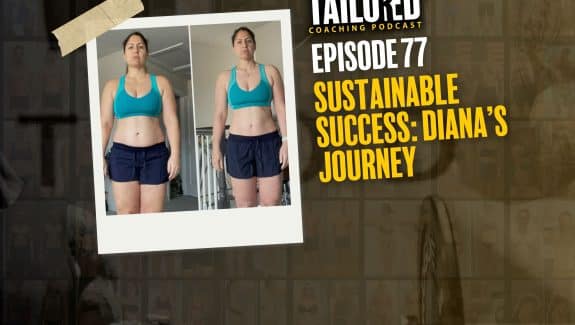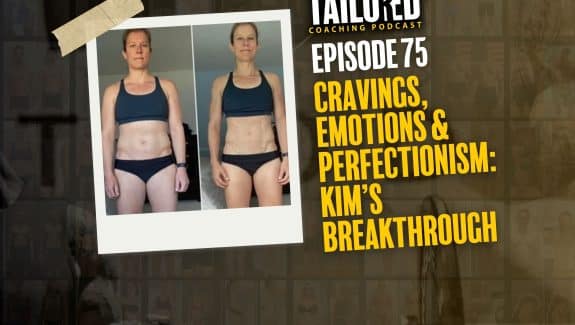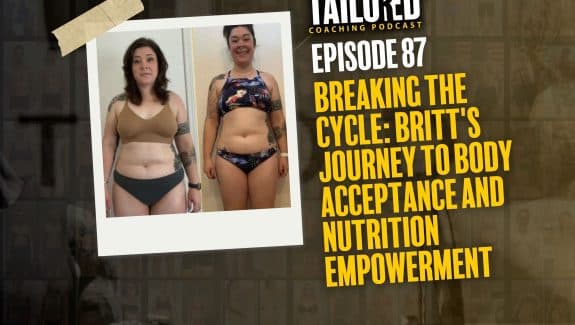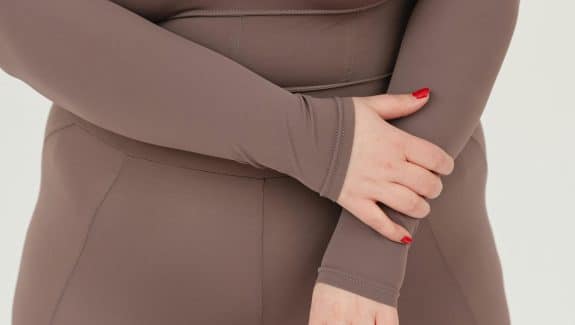Is it harder for the body to store carbs as fat, than it is to store fat as fat?
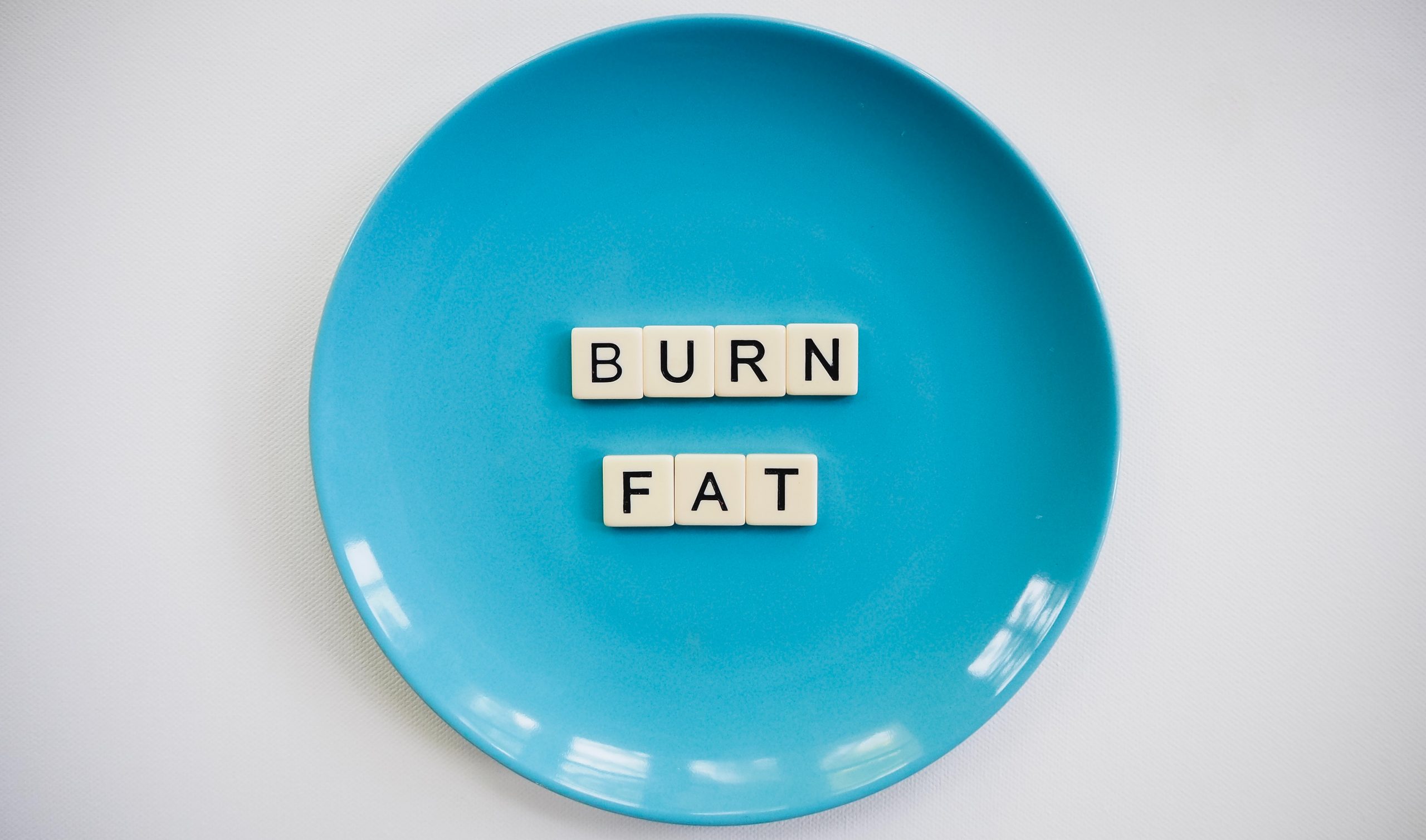
Total daily energy intake and expenditure dictate whether we store energy or use energy. The first thing to consider when answering the above question is if someone is in a caloric surplus, meaning eating more than they are using for a prolonged period (e.g., more than a few days). Otherwise ⸺ if you’re just eating on a normal day ⸺ you shouldn’t really be storing carbs or fat for very long. You’ll use energy from food for your daily activity.
Carbohydrates and fats are important energy sources for the body. Carbohydrates help control blood glucose and insulin metabolism, participate in cholesterol and triglyceride metabolism, and help with digestion. After we eat carbohydrates, the digestive system breaks down carbohydrates into glucose, which are used for energy, and any extra glucose is stored in the liver and muscle as glycogen. After our glycogen storage is full extra energy is converted to adipose tissue (aka fat) through de novo lipogenesis. The process is normally inefficient in the body, which means that it is difficult to store carbohydrates as adipose tissue.
There are a few studies that help us understand how the body deals with fats and carbohydrates. It’s best to go chronologically to understand the science. In 1988, a small study on swimmers found that overfeeding with carbohydrates, when the glycogen stores are saturated, requires large amounts for de novo lipogenesis to occur. In the study eating ~450g of carbohydrates per day resulted in gaining ~150 grams of lipid per day.
Later, in 1995, a seminal study on overfeeding (and one of my favorites) wanted to determine whether and by what mechanisms excess fat and carbohydrates leads to adipose accumulation. The study overfed participants by 50% in isoenergetic amounts for 14 days. The authors found that carbohydrate overfeeding increased carbohydrate oxidation and energy expenditure, so that 75-85% of the excess energy was stored as adipose.
On the other hand, overfeeding with fat led to 90-95% of energy being stored as adipose. These results clearly tell us that it is easier for the body to store fat as adipose (aka fat) than it is to store carbohydrates as fat. There is also research to suggest there is no difference if overfed between the type of carbohydrate (glucose vs sucrose) and adipose accumulation.
If you want to read more about overfeeding (aka bulking), I wrote a long-form article about it here.
Similarly, if you’d like to learn more about the benefits of carbs, how they’re broken down in the body, and a science-based approach to consuming and/or cycling carbohydrates, Cody McBroom wrote a fantastic article here.

